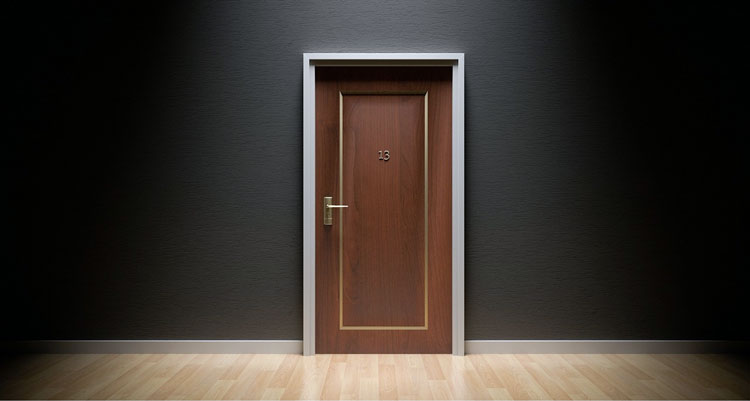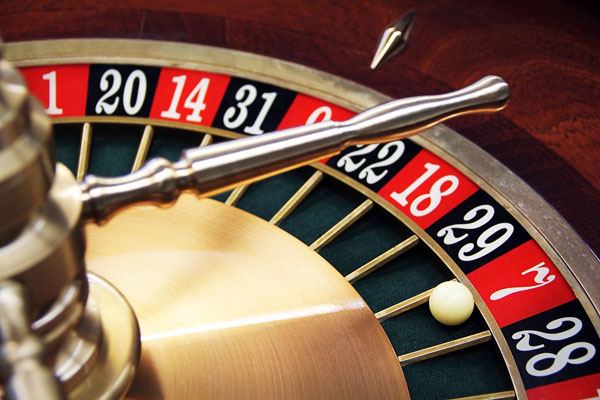The concept or superstition of lucky and unlucky numbers has a rich and fascinating history. Though, logically, the phenomenon has no rational substance, let’s take a look at the two most lucky and unlucky numbers around the world.
Lucky Number Seven
The number seven has been a fascination of humanity for centuries. There are instances of Babylonian tablets that were filled with motifs of the number seven, which suggests it had some significance even then. Today, the number seven is still considered lucky by some, particularly in settings like casinos.
The number seven is often considered one of the most common numbers in roulette to be chosen by players around the world. Though this is one of the more popular numbers, mathematically there are no ‘lucky’ numbers in games like roulette – it is totally random, so each number has the same odds of winning.
With this in mind, the preference for the number seven is likely due to its links to historical beliefs of good luck, religion, and magic. In religion, Christians believe the seventh day to be the day of rest, which is then used as a motif throughout the Bible. Islam and Judaism have seven heavens, and there are seven higher worlds and underworlds in Hinduism. There is also significance to seven in Confucianism and Buddhism.
In mythology, ancient people around the world held the belief that the seventh son conceived by someone who was a seventh son themself was the luckiest of all. This person would be so lucky that they would receive the power of good or bad magic, depending on their character.
Unlucky Number 13
The number 13 is widely considered to be the most unlucky of all numbers, so much so that this superstition has had its name since 1911 – triskaidekaphobia. In many hotels, roads, apartment blocks, and elevators, the number 13 is completely skipped over, with levels, rooms, and houses going straight from 12 to 14 to avoid being associated with this superstition.

Possible origins of the number’s unlucky connotations can be seen in both religion and mythology. In Norse Mythology, when Loki tricked someone into killing Baldur, he was the 13th to arrive at the feast in Valhalla. In Christianity, Judas was the 13th to arrive at the Last Supper before he betrayed Jesus.
The concept is furthered more when it comes to the date. Friday 13th is considered to be the most unlucky day of the year. The fear of this day is known as paraskevidekatriaphobia. The origin of Fridays being unlucky in themselves can be traced back to medieval times, thanks to a line in Geoffrey Chaucer’s Nun’s Priest’s Tales from Canterbury Tales – “and on a Friday fell all this misfortune” – the misfortune being the main character, a Cockrell called Chauntecleer, being captured by a fox.
It is thought that this was due to medieval astrology, where Friday was associated with the changeable and unpredictable nature of Venus. Couple this with the belief that Jesus’ crucifixion happened on a Friday, which is also alluded to by Chaucer in the tale, and it’s easy to see how the two became intertwined.
From religion to magic, mythology, and classic literature, lucky and unlucky numbers have been a mainstay of popular culture for centuries, with seven and 13 taking the titles of most superstition respectively.








